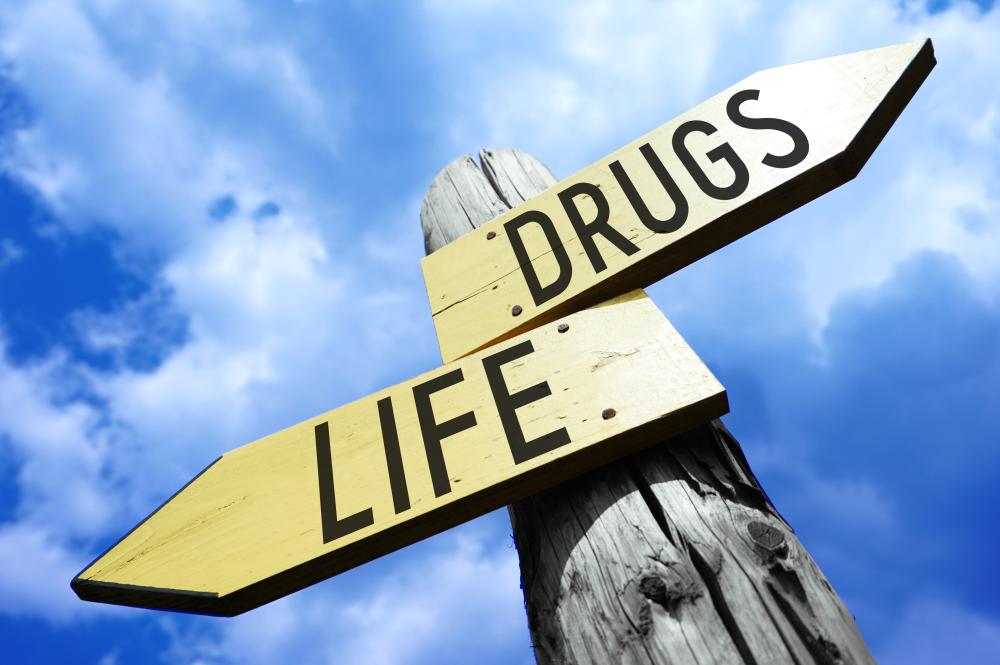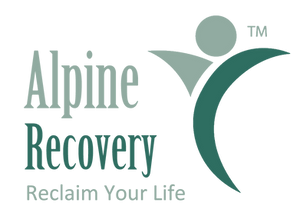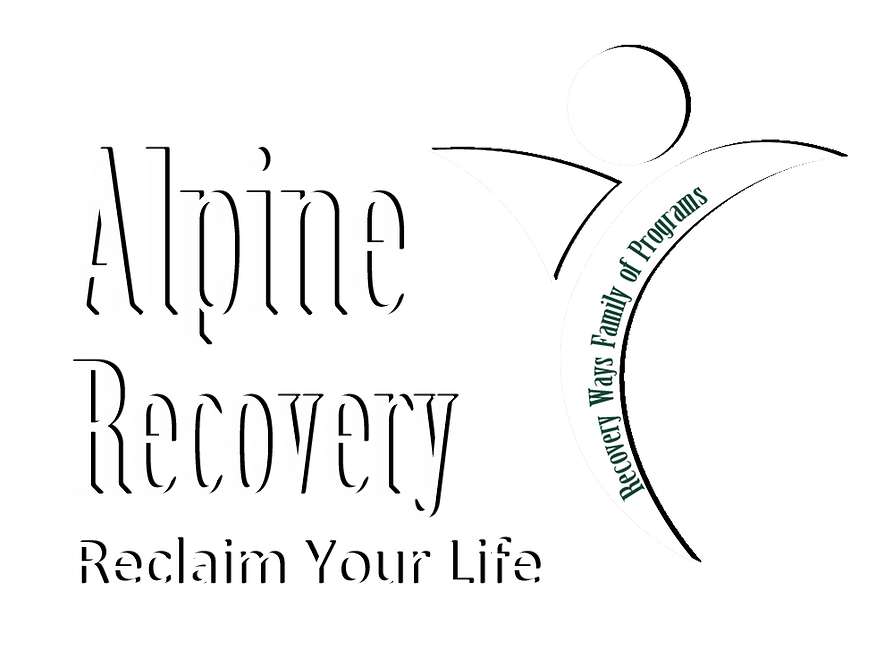
Choosing the Right Addiction Treatment Center
When it comes to finding inpatient treatment centers in Washington State, the options can seem overwhelming. Each facility offers unique programs and specialties tailored to specific needs. Identifying the right center involves understanding what each facility provides and how it aligns with personal recovery goals.
Many centers, like Alpine Recovery, focus on treating the whole person, integrating both traditional and holistic therapies. This comprehensive approach can be crucial in addressing the underlying causes of addiction and promoting lasting recovery, making it vital to select a center that prioritizes this methodology.
Benefits of Inpatient Treatment
Inpatient treatment centers in Washington State offer a structured environment free from the triggers and stressors of everyday life. This immersive setting allows individuals to fully engage in their recovery journey, providing a higher likelihood of successful outcomes.
Programs often incorporate a variety of therapies, including individual counseling, group sessions, and family support. By participating in these diverse activities, patients can develop new coping mechanisms and life skills essential for maintaining sobriety.
Another significant advantage of inpatient treatment is the round-the-clock support from a dedicated team of professionals. This constant access to care ensures individuals have the necessary resources to navigate the challenges of early recovery.
Role of Therapy in Recovery
Therapeutic interventions are central to the recovery process at inpatient treatment centers in Washington State. At Alpine Recovery, therapy is customized to address each client’s unique challenges. This personalized approach ensures that all aspects of addiction are tackled thoroughly.
The most common forms of therapy include Cognitive Behavioral Therapy (CBT), Dialectical Behavioral Therapy (DBT), and trauma-focused therapies. These methods are designed to help patients understand the root causes of their addiction, develop healthier thought patterns, and build resilience against future challenges.
Group therapy sessions create a supportive community atmosphere that can be incredibly healing. Sharing experiences and learning from others fosters a sense of camaraderie and mutual support, vital components of recovery.
Importance of Aftercare Planning
Long-term recovery success is heavily dependent on effective aftercare planning. Inpatient treatment centers in Washington State emphasize this critical phase to ensure individuals are prepared for life beyond the facility.
Alpine Recovery, for example, offers structured aftercare programs that might include continued therapy, support groups, and relapse prevention strategies. These resources are tailored to each individual’s needs, providing the tools necessary to maintain sobriety.
Additionally, aftercare plans often involve developing a strong network of support. This network can consist of family, friends, and community resources, all playing a role in fostering a sober lifestyle.
The transition from inpatient care to independent living requires careful planning and ongoing support. Having a solid aftercare plan in place can make this change smoother and reduce the risk of relapse.
Holistic Approaches to Recovery
Holistic therapies are increasingly recognized for their role in addiction treatment. Many inpatient treatment centers in Washington State, such as Alpine Recovery, incorporate these approaches to promote overall wellness.
Mindfulness practices, nutritional education, and exercise programs are common components of a holistic treatment plan. These therapies aim to heal not just the mind, but also the body and spirit, creating a balanced and healthy lifestyle.
By integrating holistic therapies with traditional methods, inpatient centers provide a comprehensive treatment experience that addresses all facets of addiction. This can be particularly beneficial for those seeking a deeper and more meaningful recovery process.
Personalized Care at Alpine Recovery
Alpine Recovery prides itself on delivering personalized care to each client. The staff collaborates with individuals to create a treatment plan that reflects their specific needs and recovery goals.
Initial assessments help identify the most effective therapies, ensuring clients receive targeted interventions. This tailored approach is crucial in addressing the unique challenges and circumstances surrounding each person’s addiction.
Creating a Supportive Community Environment
Building a strong community is a cornerstone of Alpine Recovery’s philosophy. Inpatient treatment centers in Washington State often emphasize the importance of peer support in the recovery process.
Clients are encouraged to engage with others who are on similar journeys, fostering relationships that provide encouragement and understanding. This shared experience can create a powerful support network that extends beyond the treatment period.
Role of Family in Recovery
Family involvement is a critical element of the recovery process, often addressed at inpatient treatment centers in Washington State. Alpine Recovery recognizes the impact substance abuse has on loved ones and incorporates family therapy into its programs.
This therapy helps repair relationships and educates family members about addiction. By involving families in the healing process, the chances of a successful, long-term recovery increase significantly.
Family therapy sessions provide a safe space for communication, helping to rebuild trust and understanding. This component is essential for creating a strong support system that can aid in the individual’s journey to sobriety.
The Setting and Facility at Alpine Recovery
The serene environment of Alpine Recovery plays a substantial role in the healing process. Located in a calming setting, the facility offers a peaceful escape conducive to reflection and focus on recovery.
Modern amenities and comfortable accommodations ensure that clients feel safe and supported as they navigate their treatment journey. The facility’s design and surroundings enhance the therapeutic experience, promoting relaxation and recovery.
Integrating Evidence-Based Practices
Inpatient treatment centers in Washington State, like Alpine Recovery, rely on evidence-based practices to ensure the efficacy of their programs. These practices are scientifically proven to be effective in treating substance use disorders.
By combining these methods with holistic and personalized care, treatment centers can offer a well-rounded experience that meets diverse recovery needs. Evidence-based therapies provide a reliable foundation for building recovery skills and preventing relapse.
- Cognitive Behavioral Therapy (CBT)
- 12-step facilitation
- Motivational interviewing

What is the average cost of rehab in Washington state?
In Washington State, the cost of rehab can vary widely depending on the type of treatment program, the duration of the stay, and the amenities offered. On average, inpatient rehab programs might cost anywhere from $5,000 to $30,000 for a 30-day program. However, it’s important to note that many facilities, such as Alpine Recovery, strive to work with clients and insurance companies to make treatment as accessible and affordable as possible. This flexibility ensures that individuals seeking help receive the care they need without unnecessary financial burden. It’s always advisable to contact the rehab facility directly to discuss payment options and potential financial assistance programs.
How long does inpatient usually last?
Inpatient treatment programs typically range from 30 to 90 days, although some may extend even longer depending on individual needs. The length of stay in inpatient care at facilities like Alpine Recovery is often tailored to the client’s specific recovery requirements, ensuring that every person receives the necessary support to achieve lasting sobriety. An initial assessment helps determine the appropriate duration, taking into account factors such as the severity of the addiction, any co-occurring mental health issues, and personal recovery goals. Remember, the journey to recovery is unique for everyone, and it’s crucial to prioritize a well-paced program that fosters sustainable healing.
Is residential treatment the same as inpatient?
The terms “residential treatment” and “inpatient treatment” are often used interchangeably, but they can differ in some contexts. Both provide 24/7 care in a structured environment, yet residential treatment might focus more on long-term stays and community living aspects. Facilities like Alpine Recovery offer a comprehensive inpatient experience that encompasses both the intensive support of inpatient care and the ongoing community support typical of residential programs. The key is to focus on the continuity of care, ensuring that each client benefits from a supportive, immersive environment tailored to their recovery needs.
Who are inpatient residential programs for?
Inpatient residential programs are designed for individuals who require intensive, structured support to overcome substance use disorders. These programs are particularly beneficial for those who have tried outpatient treatment without success, or for individuals struggling with severe addiction and co-occurring mental health issues. At Alpine Recovery, inpatient programs are personalized to meet the specific challenges of each client, making them an excellent fit for anyone seeking a comprehensive approach to healing from addiction. By removing the distractions and triggers of daily life, clients can fully focus on their recovery journey and develop new coping strategies for long-term success.
Why is aftercare planning essential in the recovery process?
Aftercare planning is crucial for maintaining the progress made during inpatient treatment and ensuring a smooth transition to independent living. Programs like those at Alpine Recovery emphasize aftercare as a vital component of recovery, offering continued therapy, support groups, and relapse prevention strategies. These resources help individuals sustain sobriety by providing ongoing support and reinforcing the skills learned during treatment. By establishing a strong network and structured plan, clients are better equipped to handle the challenges of everyday life post-treatment. Engaging with aftercare can significantly reduce the risk of relapse and foster a lifelong commitment to wellness.
How does therapy contribute to the recovery process at inpatient centers?
Therapy is a cornerstone of recovery at inpatient treatment centers, providing clients with the tools to understand and overcome addiction. At Alpine Recovery, a variety of therapeutic modalities, including Cognitive Behavioral Therapy (CBT) and Dialectical Behavioral Therapy (DBT), are employed to address each individual’s unique challenges. These therapies are designed to help clients identify the root causes of their addiction, develop healthier thinking patterns, and build resilience against future challenges. Group therapy further enhances this process by fostering a sense of community and shared experiences, which are invaluable for emotional support and camaraderie during recovery.
Are holistic approaches effective in addiction recovery?
Holistic approaches have proven to be effective complementary therapies in addiction recovery, offering a well-rounded focus on healing the mind, body, and spirit. At Alpine Recovery, holistic therapies, such as mindfulness practices, nutritional education, and exercise programs, are integrated with traditional treatment methods to provide a comprehensive recovery experience. These practices support overall wellness and help clients develop a balanced lifestyle, which can be critical in sustaining long-term recovery. By addressing the whole person, holistic approaches enable individuals to explore deeper aspects of their addiction and cultivate peace and purpose in their healing journey.
Resources
- Substance Abuse and Mental Health Services Administration (SAMHSA) – SAMHSA is a government agency that leads public health efforts to advance the behavioral health of the nation.
- National Institute on Drug Abuse (NIDA) – NIDA is a research-focused organization dedicated to addressing the health effects of drug abuse and addiction.
- American Psychiatric Association (APA) – The APA is a professional organization representing psychiatrists in the United States, providing resources on mental health and substance use disorders.
- National Institutes of Health (NIH) – The NIH is the primary agency for conducting and supporting medical research, including research on addiction and substance abuse.
- Centers for Disease Control and Prevention (CDC) – The CDC is a leading national public health institute focused on disease prevention, including substance use and addiction.


